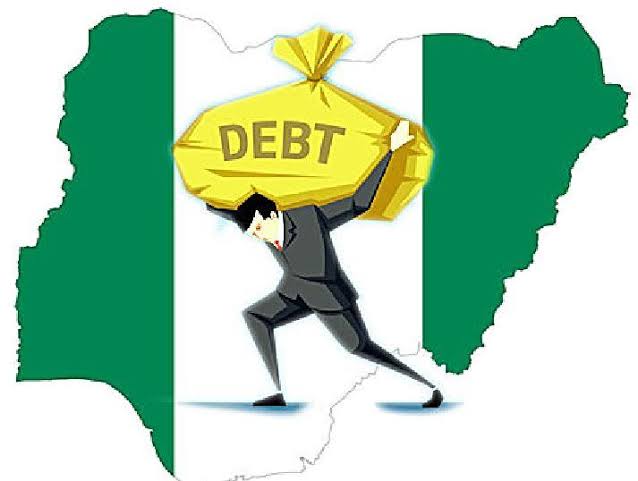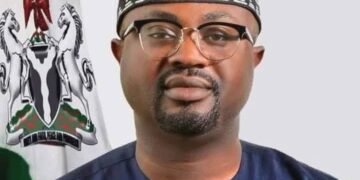The Debt Management Office (DMO) on Thursday disclosed that Nigeria’s total public debt is now ₦121.67 trillion ($91.46 billion),
According to the DMO, the debt represents external and domestic borrowings by the Federal Government and the 36 state governments and the Federal Capital Territory (FCT) rose by ₦24.33 trillion within three months – from ₦97.34 trillion ($108.23 billion) in December 2023 to ₦121.67 trillion ($91.46 billion).
While total domestic debt was put at ₦65.65trn ($46.29bn), total external debt was ₦56.02trn ($42.12bn).
The DMO stated that total public debt grew from ₦59.12trn last December to ₦65.65trn as of March 2024.
It noted that “the increase was from new borrowing to part-finance the 2024 Budget deficit and securitization of a portion of the ₦7.3 trillion Ways and Means Advances at the Central Bank of Nigeria”.
“Whilst borrowing, as provided in the 2024 Appropriation Act, will continue, we expect improvements in the Government’s Revenue to enhance debt sustainability.”
On May 29, 2024, President Bola Tinubu said he would soon present the 2024 Supplementary Budget to the National Assembly (NASS).
Tinubu had on January 1, 2024, assented to the ₦28.7 trillion 2024 Appropriation Bill passed by the Senate.
The 2024 budget was ₦1.2 trillion higher than the budget originally proposed by the President to a joint NASS session on November 29, 2023. Christened the 2024 ‘Budget of Renewed Hope’, the President had pegged oil price at $77.96 with a daily oil production estimate of 1.78 million barrels per day.
The President had also pegged the naira at ₦750/$1 but barely weeks into the operationalisation of the budget, the naira plunged to nearly ₦2,000/$1 in February.
The currency, which has wobbled in an unprecedented manner against the United States’ greenback in the last months since the unification of the foreign exchange windows, currently exchanges for around ₦1500/$1.















